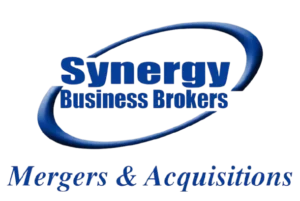You have worked long and hard to build up your business, and now you are thinking of retiring. How should you go about selling your business, and what types of fees can you expect to pay? Some Mergers & Acquisitions firms and Business Brokers charge an upfront fee or a retainer fee, and some only charge a fee when a business is sold. There are different theories on the advantages of each type of fee structure. What is the best kind of fee structure for business brokers or M&A firms? How do we approach the fees associated with business brokerage? Read More.
Determining the worth or value of a business is a critical step in various scenarios, including buying or selling a business, securing financing, attracting investors or assessing the overall health and performance of a company. Ascertaining the true value of a business can be a complex and multifaceted task, influenced by a multitude of factors. The sale price of a business can vary significantly depending on a wide range of factors. The value of a business is typically determined by its financial performance, growth prospects, market conditions, industry trends, competitive landscape and other relevant factors. Read More
Technically anything can happen to your business’s cash based on the terms of your sale agreement or sale contract. However, you probably want to know what usually happens with your business’s money when you sell it. What is typical does depend on the size of your company. If your business is selling for less than $1 Million, then usually you keep the money that is in your business account. For a business selling for more than $5 Million, then oftentimes working capital is included in the sale of the business. Working capital usually includes enough cash and accounts receivables necessary to pay the business’s ordinary expenses. These are just guidelines, and it really depends on what is negotiated as part of the purchase price. Read More
f you are considering selling your business, you may be wondering what the difference is between Business Brokers and M&A firms. They both handle the sale of businesses. To make matters more confusing, some advisory firms that handle the sale of businesses are a combination of an M&A firm and a Business Broker. We’ll compare and contrast M&A firms vs. Business Brokers. There is no legal difference between an M&A firm and a Business Brokerage firm. It really comes down to how a firm wants to classify itself. However, there are some differences in what people think of when they consider a company to be an M&A firm or a Business Broker. There are three main differences to consider when determining if a particular company is an M&A firm, Business Broker, or a combination of the two. Read More
